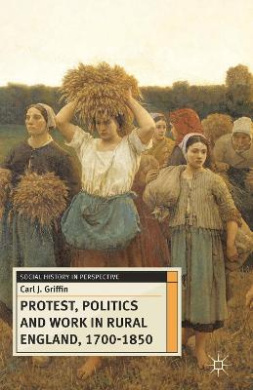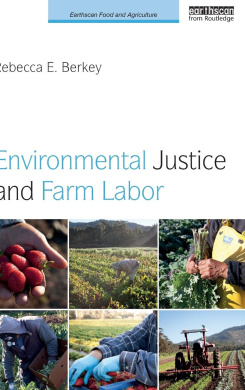Description
Rural workers in eighteenth- and early nineteenth-century England were not passive victims in the face of rapid social change. Carl J. Griffin demonstrates that they deployed an extensive range of resistances – from wood-taking and poaching to the Swing Riots and Chartism – to defend their livelihoods and communities. Thematically organised, Protest, Politics and Work in Rural England, 1700-1850 analyses: * cultures of work, worklessness, the poor laws and poverty * relations between law, the evolving state and rural labourers * enclosure, land-use and changes in the environment * religion, custom and the politics of everyday life and resistance * rural protest movements, trade unionism, and popular, radical politics. Locating protest in the wider contexts of work, poverty and landscape change, this lively and approachable volume offers the first critical overview of a growing area of study.






